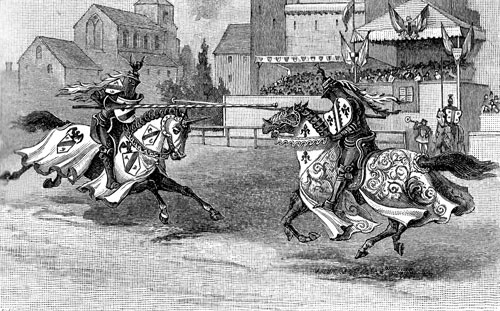Growing up the word revival was always understood orinterpreted through the lens of congregational church gatherings. Revival usually meant that I had to attendchurch not only on Sunday or Wednesday in a given week, but typically nearlyevery other night as well. Growing up ina Pentecostal fellowship added its own number of connotations as well. Revival was characterized by high energy,loud preachers, louder services, crying, dancing, and more music than usualbefore and after (and sometimes during) the preaching.
It wasn’t until my twenties that I began to revisit the wordrevival, and exactly what I thought it meant to me. I began to ask, and attempt to answer, “What is revival?” for my own life. Not that I no longer believed in all thethings I experienced in revivals as a kid, I just felt like I wasn’t quitegetting the whole picture. Like most of what I had considered revival was really just the combined outward display of some of the things that happen to people experiencing earnest revival in their lives.
The answer to me, like so many things it seems, is found inthe word itself. Revival meansreviving. It means to revive—to take somethingthat is dead, or dying; and to regenerate, recuperate, revitalize it. Like Ezekiel’s vision of dry bones regaininglife, it means taking a dry and dusty shell of something and allowing God tobreathe back into it His awesome breath.
Revival to me means to find, have, understand, live, anddwell in divine inspiration again. Likewhen God inspired scripture to be written, or dust to become man, I believe Heinspires His people—the Church—to wake up, to no longer be inanimate objectsfilling space and occupying time, and to reconnect with Him in a deeply, andsometimes uncomfortably authentic way.
Understandingyour deep need for God is often an early step toward salvation. And many times the first stirrings of revival begin with theauthentic whispering of spiritual unrest found within the Church. Not unrest in the “let’s call a board meeting and rant about inconsequential matters ofbureaucratic-nonsensicalness” kind of way—constructive unrest. Unrest birthed out of the sense that God doesindeed wish us to connect with Him in a more meaningful way than we are atpresent. This is the kind of unrest thatseeks to topple the status quo.
For a generation of people that have witnessed firsthand thepitifully inadequate attempt on the part of most youth ministries to competewith whatever is trendy and popular, we’re looking for something different. We don’t need, and don’t want, to connectwith God through; fog machines, gluttonously-loud music, light shows, orproductions. That stuff isn’t inspired. Maybe it was, once upon a time. But that ship has sailed.
Do you know what inspires me? Finding myself in right relationship throughredemption; knowing that I have forgiveness and freedom from sin in God. Discovering authentic community; belonging toa body of fellow believers that actually care about each other and thecommunity around them.
That’s what I am seeing lately. It’s a different kind of revival than what Iremember as a kid. It’s a lot quieter(so far), it doesn’t come across like a preplanned production, it isunexpected—though very much welcomed, it is beyond the control and comfort ofleadership and layperson, it is without walls or boundaries though it fits, andflourishes, in the hearts of those who deeply seek after earnest connectionwith God.
Revival is what happens whenthe Church rejects, or at least diminishes, everything that distracts fromseeking Him. It is what happens when wefind the purity of purpose in pursuit of the Almighty. Revival is taking in His breathe, filling ourlungs with it, and finding His waiting embrace. It is being revived, being inspired, and being returned—to where webelong in Him. If salvation is aboutreturning a sinner to the family of God, revival is about returning the Churchto the will of God. Revival is about cominghome.




